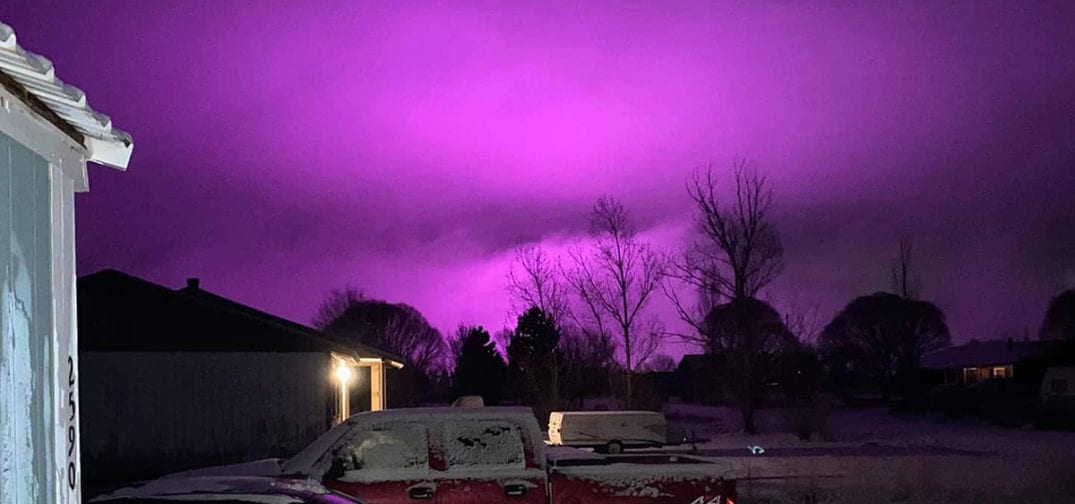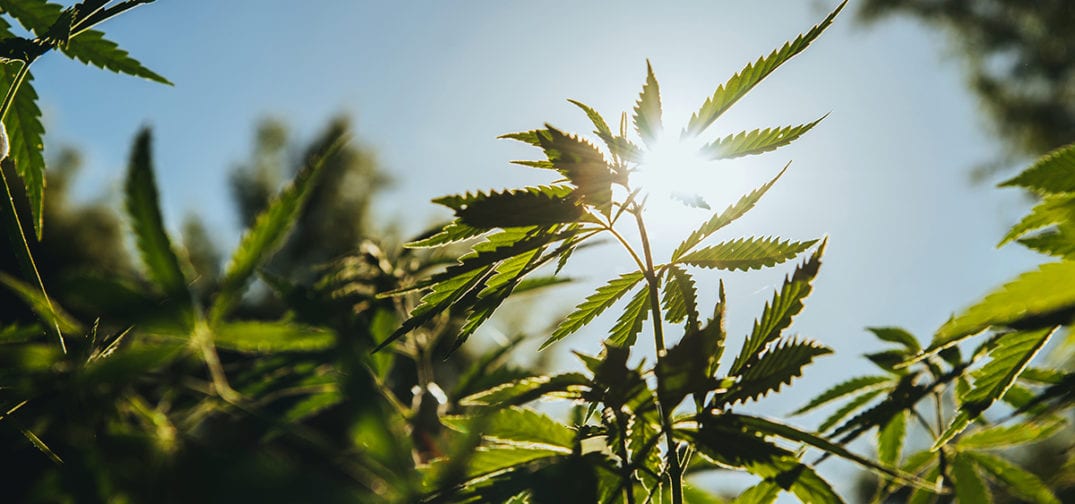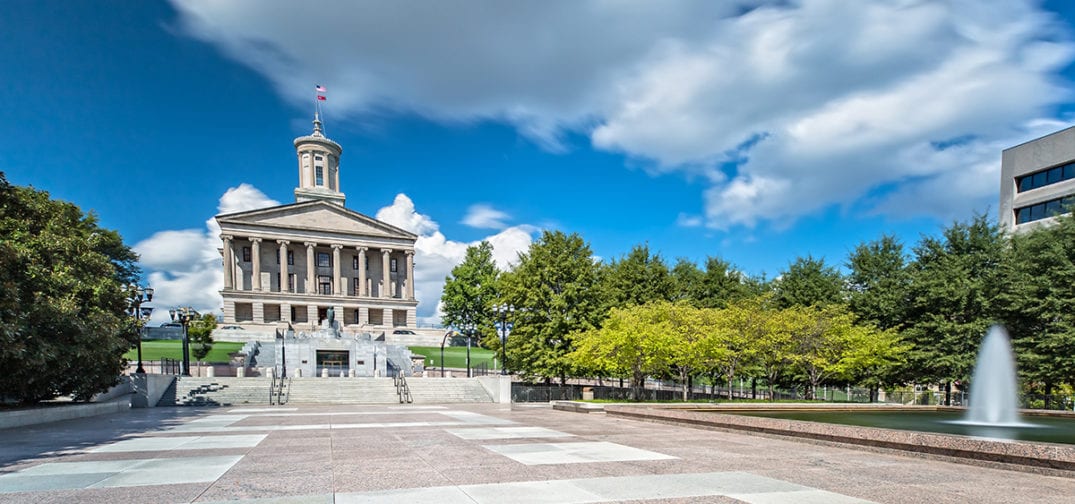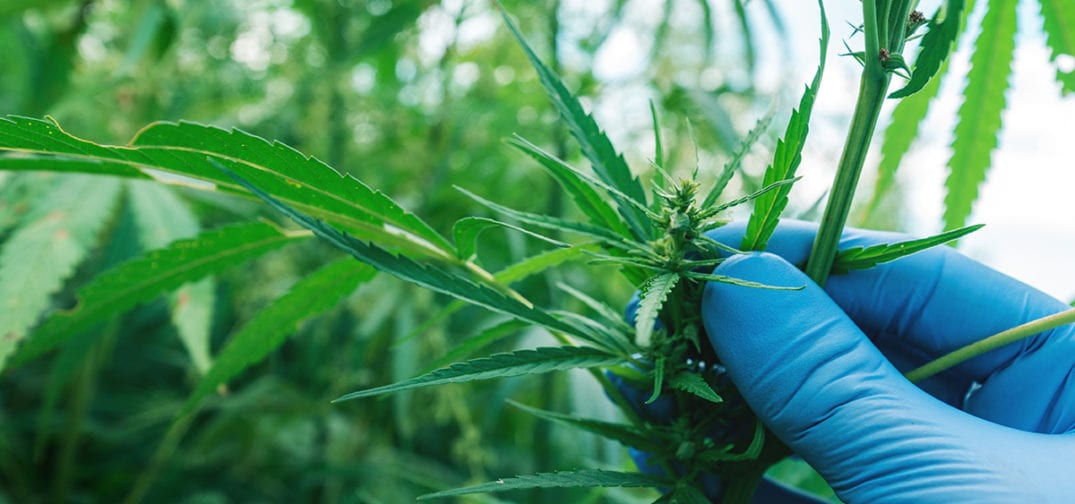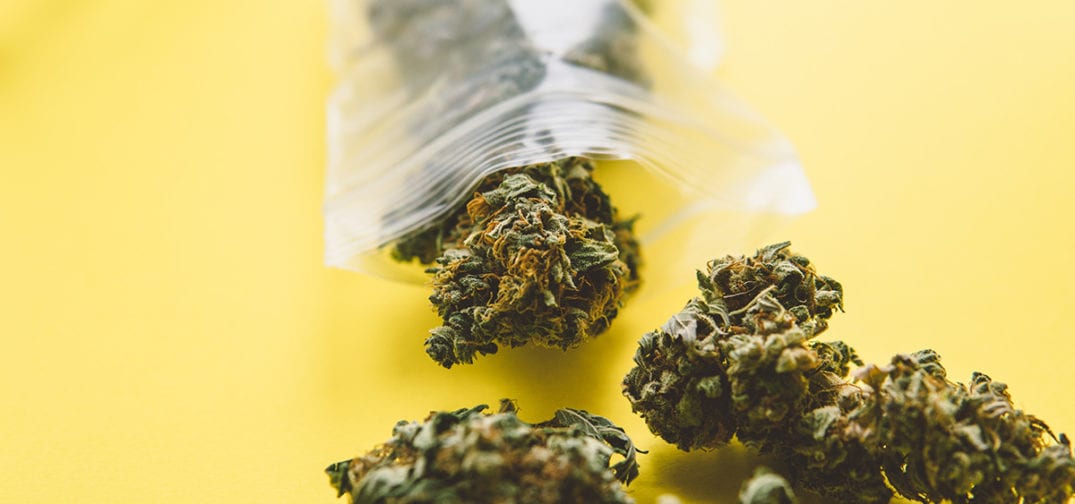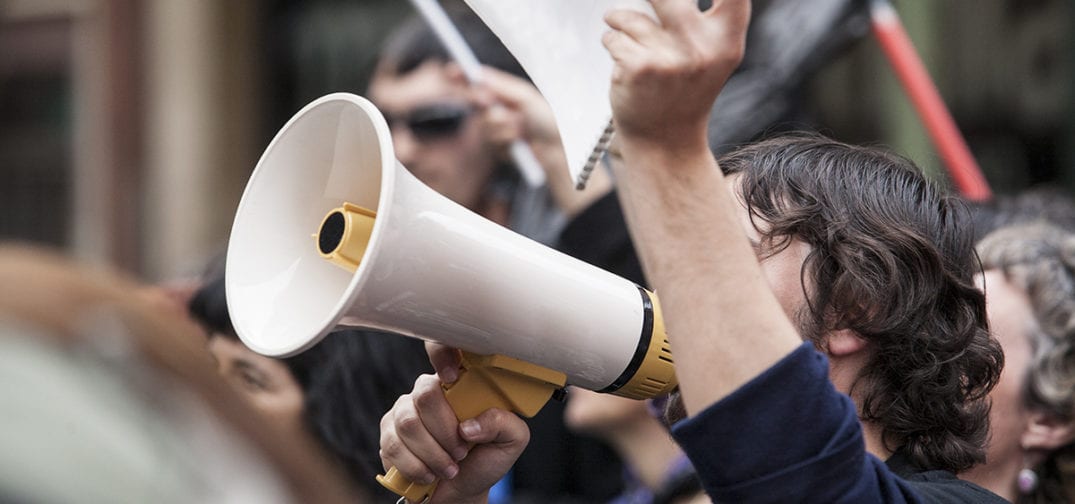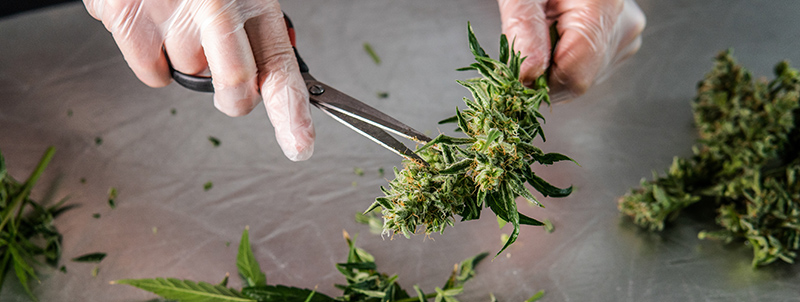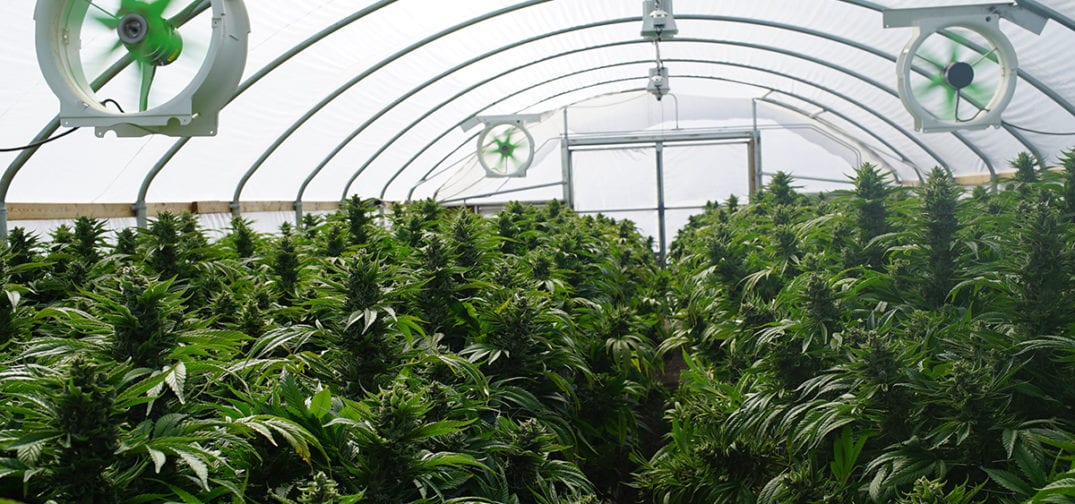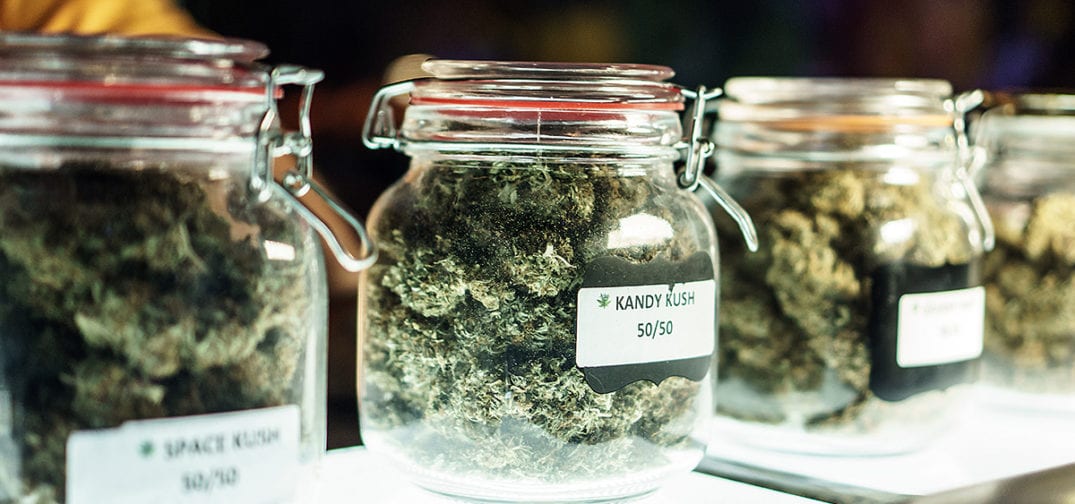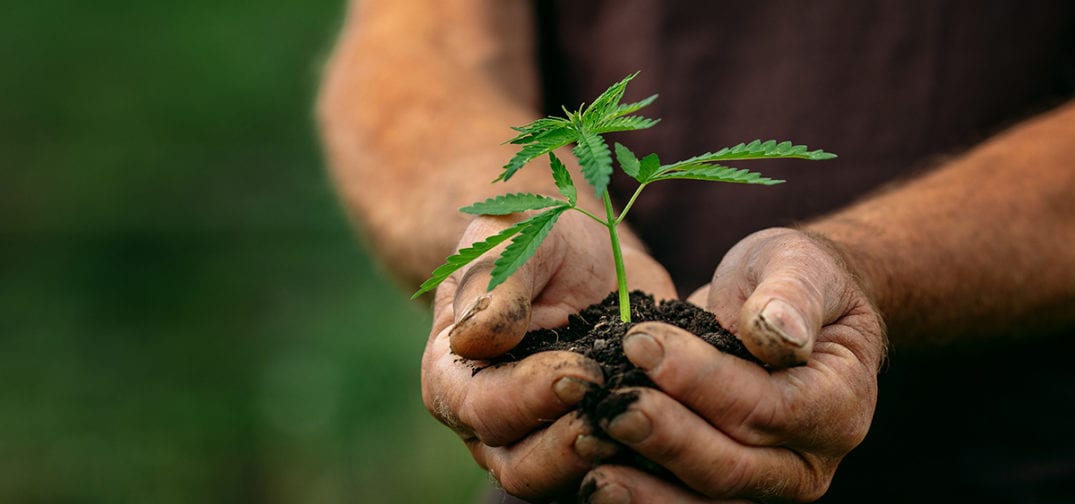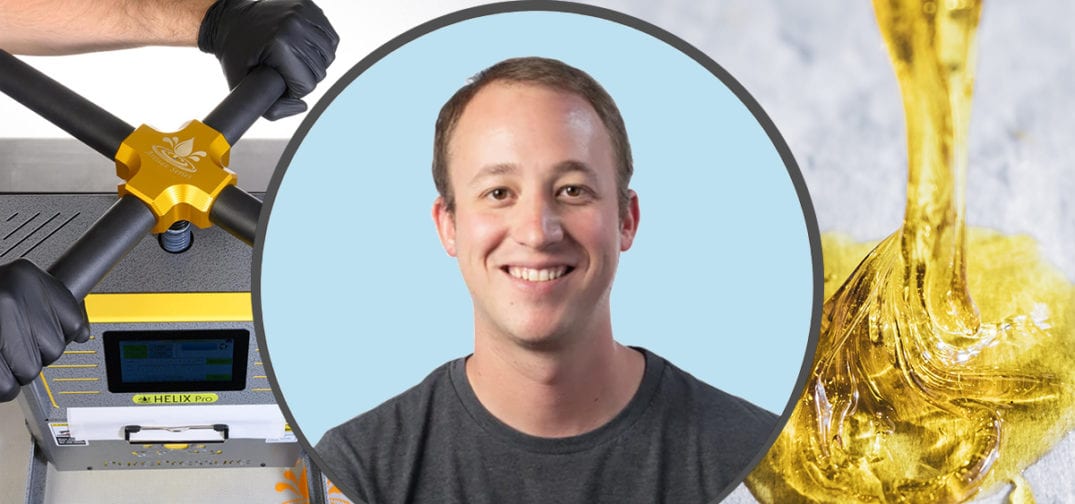Through constant efforts to enable cannabis professionals and at-home enthusiasts alike, the multiple solventless rosin presses from PurePressure have become renowned as industry-leading rosin solutions. We recently caught up with Ben Britton, PurePressure’s CEO and lead engineer, to discuss the company’s various offerings, he and his team’s journey as their products gained traction in the cannabis space, and more.
Check out the written Q&A below!
Ganjapreneur: When was PurePressure first imagined, and how long passed between the initial idea’s forming and the release of the company’s first rosin press?
Ben Britton: The idea of creating a press came before the idea of PurePressure. In 2015 Josh, an old childhood friend, approached me looking for a custom rosin press. We started talking, prototyping and within a few months had a concept that achieved higher yields than we had ever seen before. The efficiency and yield improvement we had gained sparked the interest in turning the prototype into an actual product and by the spring of 2016 PurePressure began selling its first products.
What have consumer reactions been like, so far?
Since day one we have had an intimate relationship with many of our customers. We are trying to solve problems in a new and evolving landscape. There is no one better to give us feedback to improve our products than the customers that trusted us with their own business. For this reason alone we have had an overwhelmingly positive customer experience yet we still we work on improving that experience day in and day out.
Could you describe the R&D process for developing a new rosin press, or improving/expanding on an existing model?
Every project for us starts with a set of requirements. At the top of that list is uncompromised quality and reliability. Using that framework, we try to develop a piece of equipment that will repeatedly produce the highest quality solventless concentrates possible without stripping away the elements of the process that matter most. We are dealing with a plant that has an almost infinite ability to change from batch to batch. Our goal is to provide the proper tools to handle all of these variances. We try to give the user as much control as possible but also allow them to dial in the process, and then step away and press repeat. It is a delicate balance of art and science that creates the most enjoyable and profitable user experience. What that boils down to is a lengthier R&D process but the end result is greater than the sum of the parts.
What’s the biggest obstacle you face or have overcome as a commercial cannabis rosin press manufacturer?
Early on during the formation of PurePressure, we spent a lot of our time educating the world on the viability of solventless extraction. In the face of many other processes, it was often looked at as the small batch artisanal approach to manufacturing. As time went on the community started to see some of the intrinsic benefits of solventless extraction, such as the extremely low barrier to entry, large batch sift and ice water extraction capabilities, short cycle times and minimal if any post-processing required to achieve a consumable product. We are just seeing the tip of the iceberg here and we at PurePressure are extremely excited to continue to lead the development of solventless processing.
How many press designs has PurePressure released at this point, and are you planning any new releases in the future?
Currently we have 4 different press models in two categories: pneumatic and manual operation. We have found these models to fit anyone’s needs from the at-home medical patient to a large scale production facility. As the scale of the operation increases we have a few tricks up our sleeves. For example, a single operator can run up to 3 of our automated presses simultaneously. With short cycle times and automated pressure and temperature control, our presses can make quick work of a pile of raw material. That said, innovation is in our blood and we have some really cool things in the works to further streamline the processes for optimal efficiency.
What type of customer feedback was the most helpful in steering your product design?
We pay very close attention when hearing about the struggles of our customers. As a designer, we strive to make products that are intuitive, functional, reliable and efficient. Getting the perfect blend of these can only happen with iteration and fine-tuning. When someone is struggling with a product or process we see that as an opportunity for improvement. Sometimes that means we can improve the product, but other times it may be as simple as education and proper communication. Either way, we want to hear from our customers and continue to provide the very best solutions for them to be successful.
Which strategies have worked best for educating cannabis operators and consumers about the advantages of solventless extracts?
Sharing cannabis education is still a bit of a challenge in the community. Not every forum is available to the cannabis community, mainly due to legislation. That being said, a few channels have thrived including Instagram, YouTube, and public blogs. We utilize all of these but rely heavily on the PurePressure website to provide an organized platform to learn as much or as little as you want about solventless extraction. We spend every day perfecting solventless extraction and strive to share that knowledge with the rest of the world so that solventless concentrates are available to anyone, everywhere.
We actually received and got to spend a little time with a PurePressure Helix Press last year and were especially pleased with not just the quality, but the simplicity of operating the press — could you elaborate on how much of that simplicity is by design, or is that just the nature of rosin pressing?
In concept, rosin pressing is simple. Heat plus pressure, a filter element and voila…oil! Raw material is placed inside a filter bag, the heat from the platens liquifies the oil and the pressure mobilizes it and forces the oil out of the filter element. This concept doesn’t really change all that much when looking at the many SKUs (sauce, shatter, wax, budder, diamonds, vaporizer products and more) that can be produced on a quality rosin press. The science comes into play when creating a recipe for a specific material. Every grow is unique, sometimes one side of the room is different than the other. With the right tools, we can easily dial in a recipe for a new raw material. This is where the Helix press is truly in a class of its own. It shines in recipe development, utilizing an industry first integrated load cell for force measurement. The custom designed food-grade bearing assembly gives the operator the ability to feel the hash and only apply as much pressure as is needed. The goal was to make a tool that is intuitive and simple to operate without sacrificing the precise pressure and temperature control required to achieve consistent and repeatable results. We believe that the Helix press delivers all of this with an additional patent pending feature that is a first for the rosin market, end point detection. Utilizing positional force application in combination with our integrated load cell we can determine when a press cycle is complete and all of the oil has been extracted. Many labs are using the Helix for recipe development and then scaling those recipes up and running one or multiple automated Longs Peak presses for production. Ultimately, we try to spend more time in development so that when it gets into the hands of the user they have the same experience that you did.
What do you hope the future holds for both PurePressure as a company and the cannabis space as a booming new industry?
I speak for everyone at PurePressure when I say that we are beyond grateful to be able to do what we do. Every day we come into the office and put our heads down to find new and innovative solutions for producing solventless concentrates. That is our only goal and it keeps the team focused. We have seen great strides in the growth of solventless and we want to keep that momentum until you can walk into any dispensary and find quality, solventless concentrates. Statistics have proven that these SKUs sell and help build a stronger brand. Having a versatile portfolio is important as an extractor and we see the success of our customers as direct proof. As far as the future goes, we have just scratched the tip of the iceberg. PurePressure has exciting new developments coming in all areas of solventless extraction. Stay tuned!
What has been your proudest moment or biggest achievement in the cannabis space, so far?
At PurePressure we work with a huge variety of customers. Some of these customers are medical patients that use our equipment to fill their needs and make their treatment regiment more affordable. I have friends and family members taking advantage of our Helix press for this very reason. Hearing their success stories and the successes of the businesses that are operational because of the products we provide is what keeps me going every day.
What advice would you offer to entrepreneurs who are considering entering the cannabis or cannabis-adjacent space?
The cannabis landscape is an almost limitless opportunity for product development right now. Focusing on ONE of those problems can be the hardest thing to do sometimes. Too often in cannabis we see solutions that only exist to drive profits for the manufacturer or retail sales. Those products often come quickly and leave just as fast. Look to solve problems that the customer experiences every day. Put yourself in their shoes and find a way to make the process better or more efficient. If you can support your customer all the way through, success in your own business will quickly follow.
Thanks, Ben, for chatting with us and sharing your industry experience and expertise! To learn more about PurePressure and its various solventless cannabis offerings, visit GoPurePressure.com.
